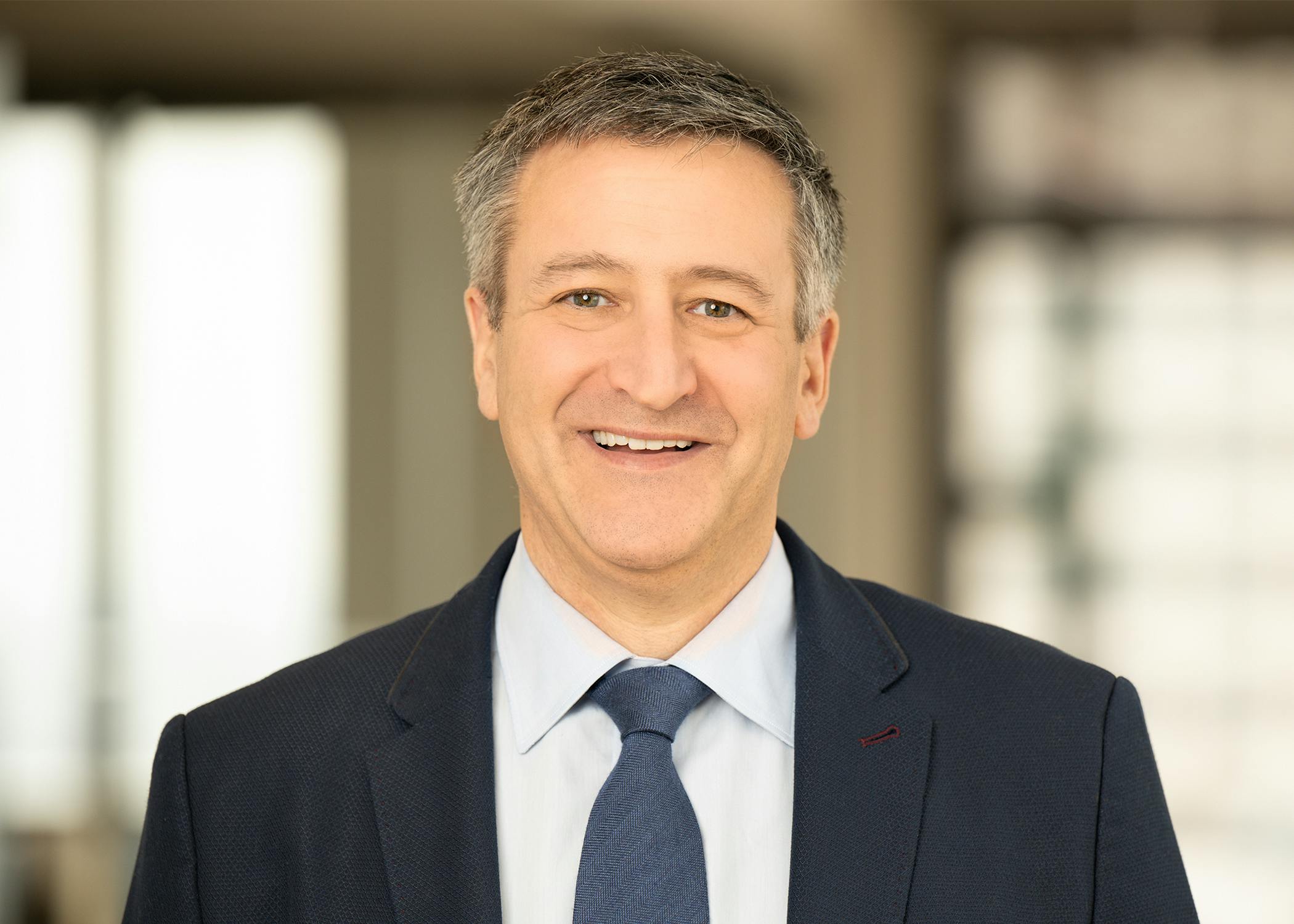In a much-watched proceeding, the U.S. Patent & Trademark Office (USPTO) ruled yesterday that machines cannot be inventors under the present US patent laws.[1] Accordingly, the AI machine called Device for Autonomous Bootstrapping of Unified Sentience or DABUS, and its human legal representative, physicist Dr. Stephen Thaler, will have to revisit their approach now that the US has followed decisions from other jurisdictions such as the United Kingdom and European Union in determining that AI machines do not qualify as inventors. As the USPTO stated, “To the extent that the petitioner argues that an ‘inventor’ could be construed to cover machines, the patent statutes preclude such a broad interpretation. Title 35 of the United States Code consistently refers to inventors as natural persons.”[2]
As background, in 2019, a team of international patent lawyers, along with Dr. Thaler, filed applications in the U.S., UK, and EU for inventions that were the sole work of DABUS. Dr. Thaler’s DABUS was developed to generate new ideas without any guidance from humans and also without regard to the various fields of potential application for the ideas. In addition, DABUS also included a system to detect the potential consequences of the new ideas to determine which might be more useful than others. The subject inventions in the USPTO applications include a combinable food container designed with fractal geometry to fit tightly to other containers, and a light that flickers in a pattern that mimics brain activity, making it harder to ignore and therefore useful in emergencies. According to Dr. Thaler, DABUS was not designed or created to solve the particular problems of combinable containers or enhanced security lighting. Rather, in identifying DABUS as the inventor, Dr. Thaler and the patent lawyers argued that DABUS both created the ideas and also detected the consequences of the ideas—the traditional touchstones of inventorship under the US patent laws.
Notwithstanding Dr. Thaler’s arguments, the USPTO—somewhat predictably—ruled that the US patent laws require an inventor to be a natural person.[3] The US ruling is consistent with similar rulings in both the UK and the EU earlier this year, although those rulings suggest that further debate is necessary concerning AI and inventorship and ownership issues.
In addition, the USPTO’s ruling comes on the heels of its request for comments concerning the impact of AI on the patent laws and whether any changes are needed to address particular issues arising from AI technologies.[4] With respect to the inventorship issue, the USPTO sought comments on the following question: “Do current patent laws and regulations regarding inventorship need to be revised to take into account inventions where an entity or entities other than a natural person contributed to the conception of an invention?”[5] The USPTO published all comments last month, and while there was some variation in response from different organizations and individuals, the overwhelming majority of respondents submitted that inventorship should be limited to natural persons. Many respondents focused on the incentive system put in place by the patent regime, and that machines and AI systems are not motivated by incentives such as employment, scientific advancement, and economic advantage. For instance, the Computer and Communications Industry Association remarked, “The AI is not motivated by the prospect of a reward of exclusivity—it is not motivated at all. It would produce the idea upon being run regardless of the availability of a patent, suggesting that the essential value of a patent as an ‘encouragement to [] ingenious discoveries’ is absent and suggesting that the [exclusivity of a patent] is unnecessary to cause the idea to be created.”
Guides for industry
Consistency from U.S. patent system
For the past decade, the U.S. has sought to harmonize its patent laws with those of other industrialized nations. While the USPTO expressly stated that its decision was not predicated on the UK’s or EU’s rulings, the USPTO’s consistent treatment of AI inventorship further provides consistency and predictability for both domestic and international technology developers.
Economic/scientific incentives remain in place
For entities concerned that its AI developments may not be protectable by a strong patent system that incentivizes research and development across all spectrums of technology, this is yet another sign of the goals for strong returns on investments of time, money, and other resources.
Further development
Even though there was relative consensus on the issue of AI inventorship, the continued development of these technologies, combined with the pace of change, will surely cause additional developments concerning various aspect of the patent system, including scope of obviousness analyses, prior art considerations, and how much disclosure needs to be required of “black box” technologies partially developed in an AI environment. We will remain on top of these developments and provide up-to-date assessments for your technology and business strategies.
- Decision on Petition, Appln. No. 16/524,350, April 27, 2020.
[Back to reference] - Decision at 4.
[Back to reference] - See, e.g., 35 USC §100(f) (“The term ‘inventor’ means the individual or, if a joint invention, the individuals collectively who invented or discovered the subject matter of the invention.” and 35 USC §115(b) (“An oath or declaration under subsection (a) shall contain statements that... such individual believes himself or herself to be the original inventor or an original joint inventor of a claimed invention in the application.”). Decision at 3-5.
[Back to reference] - See “Request for Comments on Patenting Artificial Intelligence Inventions.”
[Back to reference] - Id.
[Back to reference]

